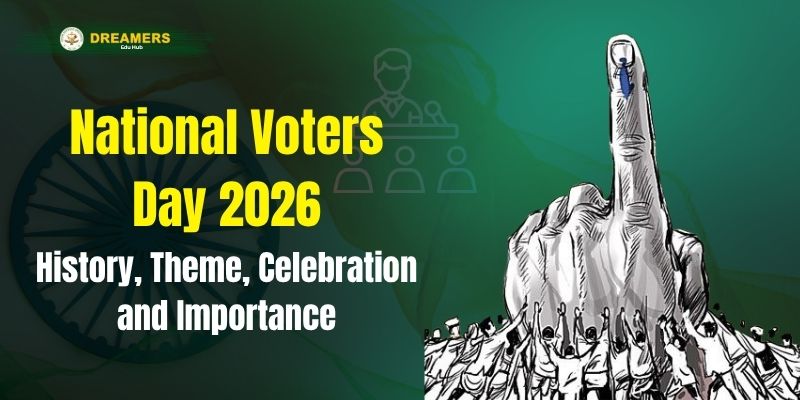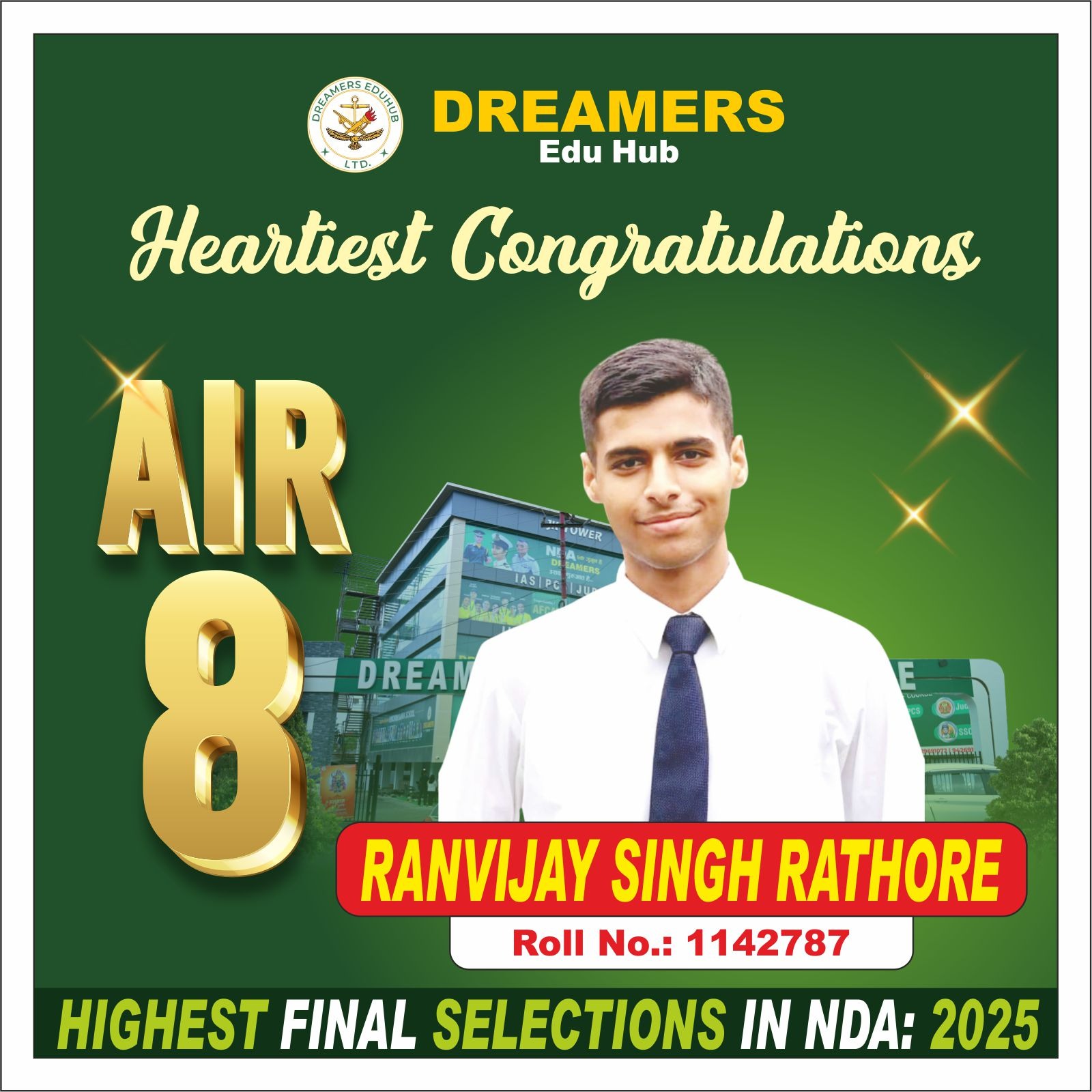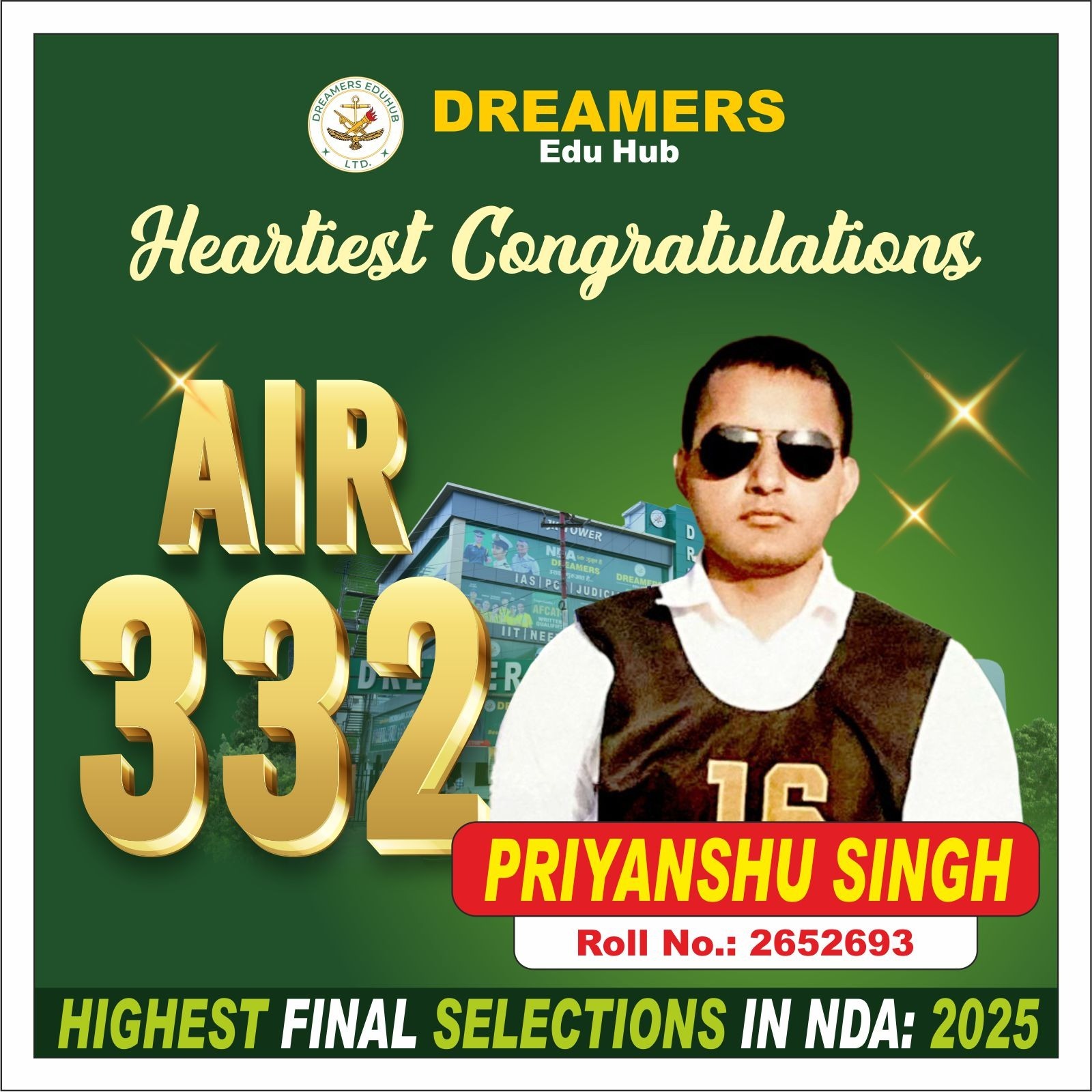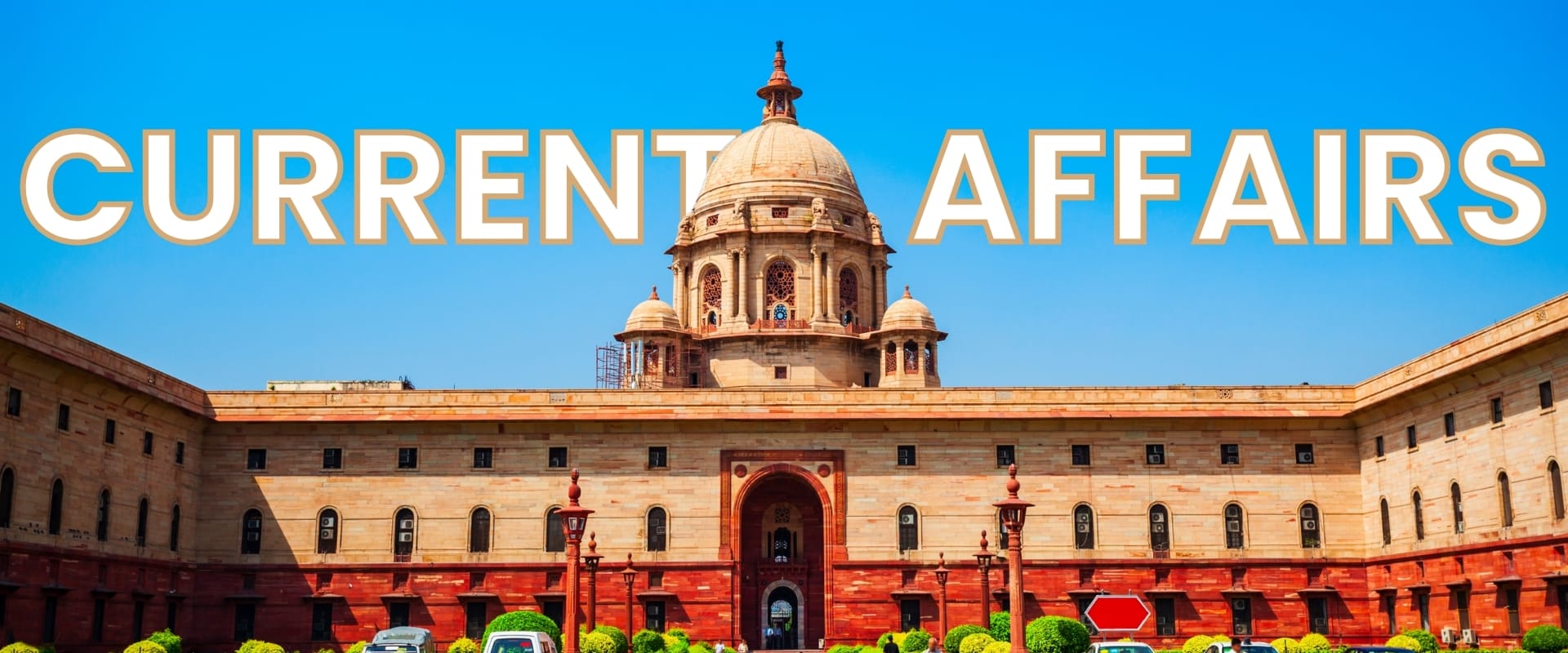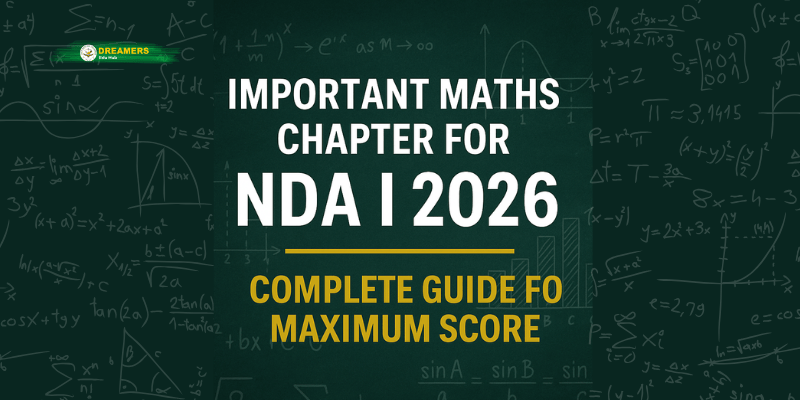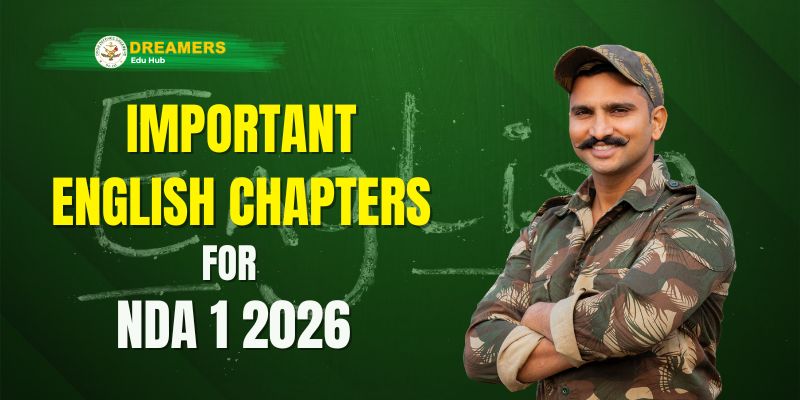In a democracy, voters are the real source of power. Elections may bring leaders into office, but the true strength of the system lies with ordinary citizens who cast their vote. National voters day is a special day that celebrates this power of the voter. It is observed every year on 25 January to spread awareness about the importance of voting and to encourage every eligible citizen to become a registered voter.
In simple words, national voters day is a reminder that democracy works only when people participate actively. It is not only about celebrating elections; it is about respecting the right to vote and understanding that each vote shapes the direction of the country.
Why 25 January Is Chosen as National Voters Day
The date 25 January is not random. It is the foundation day of the Election Commission of India, the constitutional body that conducts and supervises elections across the country. By celebrating national voters day 2026 on 25 January, the country connects the idea of strong election management with the idea of strong voter participation.
This timing is also symbolic because Republic Day falls just one day later, on 26 January. Together, national voters day and Republic Day form a powerful combination: one focuses on the active role of voters, and the other highlights the constitutional framework that those voters help to sustain.
Link Between National Voters Day and Indian Democracy
Indian democracy stands on three basic pillars: free and fair elections, independent institutions and active citizens. National voters day strengthens all three by spreading awareness about voter registration, clean voting practices and informed choices.
When more citizens register and vote after being guided by the spirit of national voters day, the quality of representation improves. Governments then reflect the real will of the people more accurately. In this way, national voters day becomes much more than a yearly event; it becomes a tool for building a healthier and more responsible democracy.
History and Origin of National Voters Day in India
How and When National Voters Day Started
National voters day was first celebrated in 2011. Before that, the Election Commission of India noticed that many eligible citizens, especially young people who had just turned 18, were not getting themselves enrolled as voters. This led to lower participation and gaps in the electoral rolls.
To solve this issue, the Government of India decided to mark 25 January as national voters day every year. The first celebration aimed to enroll as many new voters as possible and to honour all who had recently joined the voters list. Since then, national voters day has grown into a nationwide awareness movement that reaches schools, colleges, villages and cities.
Role of the Election Commission of India
The Election Commission of India is at the centre of national voters day celebrations. It issues guidelines, prepares educational material and coordinates programmes at national, state and district levels. Special camps are organised to help new voters register and to assist citizens in correcting their details on the electoral rolls.
Through national voters day, the Election Commission also spreads messages about ethical voting, secret ballots and the need to vote without fear, pressure or temptation. This regular contact between the Election Commission and citizens helps build trust in the election process and keeps the democratic system strong.
Main Objectives Behind National Voters Day
The idea of national voters day can be understood more clearly by looking at its main objectives:
| Objective | Explanation |
|---|---|
| Enroll more eligible voters | Ensure that every citizen who is 18 or above gets a chance to register |
| Encourage participation in elections | Motivate registered voters to actually turn up and vote on polling day |
| Spread voter awareness | Help people understand their rights, responsibilities and the voting process |
| Promote clean and ethical voting | Discourage bribery, pressure and misuse of money or power |
By working towards these goals year after year, national voters day slowly changes attitudes and habits related to voting, making the entire democratic structure stronger and more inclusive.
National Voters Day 2026: Importance and Key Message
Focus on Youth and First-Time Voters
Young citizens form a large part of the Indian population. Many of them will be voting for the first time around the period of national voters day 2026. For them, receiving a voter ID card is not just a formality; it is an entry into responsible citizenship.
That is why national voters day gives special attention to first-time voters. They are invited to take a pledge to vote in all future elections and to do so thoughtfully and honestly. When first-time voters are guided correctly at this stage, they are more likely to remain active and responsible participants in democracy throughout their lives.
Importance of Free, Fair and Informed Voting
Voting is not just about pressing a button or marking a symbol. For elections to be meaningful, voting must be free, fair and informed. Free voting means making a choice without fear, pressure, bribes or discrimination. Fair voting means that all candidates follow rules and that the administration conducts elections without bias. Informed voting means understanding issues, parties and candidates before making a decision.
National voters day 2026 highlights all three aspects through campaigns, talks and activities. When voters are reminded of these principles, elections become more transparent and results gain greater moral strength.
How National Voters Day 2026 Will Be Celebrated
Programmes in Schools, Colleges and Coaching Institutes
Educational institutions play a big role in the celebration of national voters day. On 25 January 2026, many schools, colleges and coaching centres will conduct special assemblies, seminars and competitions on the importance of voting. Quizzes, debates and essay contests will help students understand topics such as electoral rolls, secret ballots and the value of each vote.
These programmes aim to make the concept of national voters day simple and interesting. When students hear real-life examples and stories about elections, they begin to see the vote not as a ritual, but as a powerful tool for change.
Voter Awareness Rallies, Pledge and Campaigns
Beyond classrooms, national voters day 2026 will be visible in public spaces. Rallies, street plays and small public meetings will be organised by district administrations, civil society groups and youth organisations. Participants often hold placards with messages about clean voting, equal rights and the rejection of caste or religious hatred in politics.
In many places, a formal voter’s pledge is taken, where citizens collectively promise to vote in every election and to respect democratic values. Such public commitments made on national voters day create a sense of shared responsibility in the community.
Use of Social Media and Digital Platforms in 2026
Digital media has become a major tool for spreading information. On national voters day 2026, the Election Commission and other organisations will use social platforms to share short videos, infographics and stories about voter registration and ethical voting.
Hashtags, interactive polls and online quizzes can turn awareness into a kind of social movement, especially among younger citizens. Through this approach, national voters day reaches not only those who attend physical programmes, but also millions of people on their phones and computers.
Importance of Voting for Students and Young Citizens
Why Every Vote Matters in a Democracy
There is a common belief that a single vote does not make a difference in a country with such a huge population. However, many election results in India and around the world have been decided by very narrow margins. Each vote adds to the total in a way that can change the final result.
National voters day reminds citizens that voting is not only a right; it is also a responsibility. When more people participate, the outcome more accurately reflects the will of the population. Low turnout, on the other hand, gives a small group the power to decide for everyone.
Role of Youth in Building a Strong and Clean Democracy
Youth carry the future of the nation on their shoulders. When young citizens take interest in elections, study public issues and cast their votes honestly, the overall quality of public life improves. They often bring fresh ideas, energy and a desire for transparency.
Through national voters day, young people are encouraged to see themselves not just as exam candidates or job seekers, but as active partners in nation-building. Their votes can push leaders to focus on education, employment, environment, infrastructure and justice in a more serious way.
How National Voters Day 2026 Can Inspire Responsible Voting
Responsible voting requires more than just turning up at the polling booth. It involves checking facts, understanding manifestos and recognising the long-term impact of each choice. National voters day 2026 can inspire this sense of responsibility by teaching methods to verify information, detect fake news and differentiate between genuine promises and empty slogans.
When such habits are formed early, they stay for life. As a result, national voters day becomes a starting point for a culture where voters are thoughtful and leaders are held accountable for their words and actions.
National Voters Day 2026: Building a Culture of Informed Voters
Understanding Voter Rights and Responsibilities
A well-informed voter knows not only how to vote, but also what rights and responsibilities come with that act. Rights include being able to vote freely, having one’s name on the electoral roll and being allowed to vote without discrimination. Responsibilities include not selling one’s vote, not spreading hatred and respecting the secrecy of the ballot.
National voters day 2026 offers a platform to explain these points in clear language. When citizens understand this balance between rights and responsibilities, they see elections as a serious civic duty rather than just a festival or a holiday.
Fighting Misinformation and Wrong Influence During Elections
In the digital age, misinformation spreads faster than ever. False rumours, edited videos and fake opinion polls can mislead voters and damage the fairness of elections. National voters day helps highlight this danger and encourages citizens to double-check information before believing it or sharing it further.
Workshops, lectures and social campaigns connected to national voters day can train people to rely on trustworthy sources and to think critically about what they see online. When this happens, elections become cleaner, and manipulation becomes harder.
National Voters Day 2026 as a Step Towards Better Elections
Ultimately, national voters day 2026 is another step in a long journey towards stronger and more reliable elections. Every new voter enrolled, every awareness programme conducted and every honest vote cast contributes to this progress.
As the country moves from national voters day on 25 January to Republic Day on 26 January, the connection becomes clear: informed voters give life to the Republic, and the Republic, in turn, protects the rights of those voters. In this way, national voters day 2026 will stand as a powerful reminder that democracy is safest in the hands of citizens who understand their power and use it wisely.
Doon Defence Dreamers Message on National Voters Day 2026
Doon Defence Dreamers (the best CDS coaching in Dehradun) gives a clear and simple message: a strong nation needs not only brave soldiers, but also responsible voters. As an institute that prepares future officers for the armed forces, DDD reminds every student that the power of the vote is as important as the power of the uniform. The message highlights that free, fair and informed voting is the backbone of Indian democracy, and that casting a vote honestly is a form of service to the nation. Through talks, small sessions and discussions, Doon Defence Dreamers encourages cadets to understand voter rights, avoid misinformation and respect the value of each vote.

